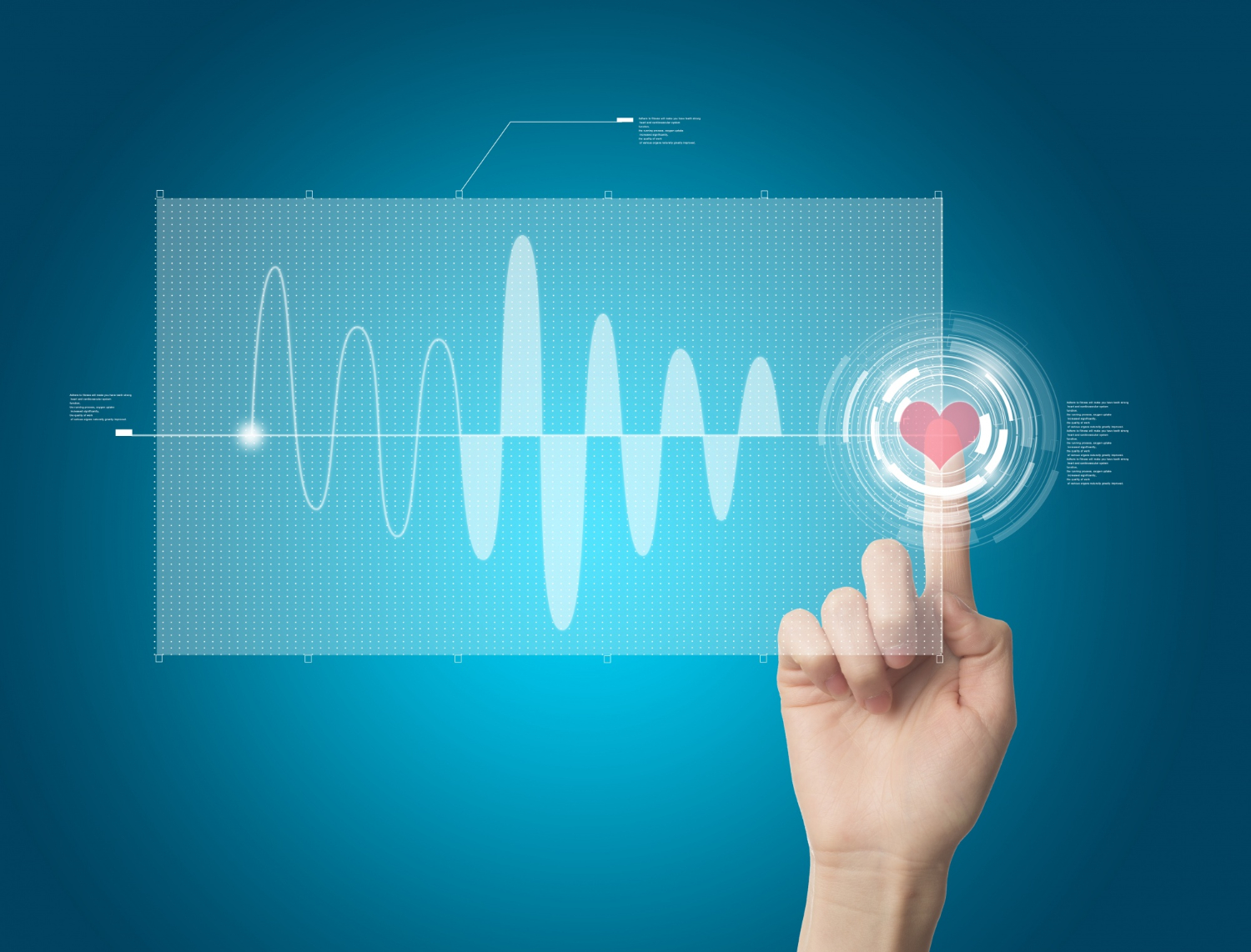Warning Signs! 6 Hidden Dangers Affecting Your Heartbeat

Understanding Irregular Heartbeats: What You Need to Know
A healthy heart beats in a steady rhythm, but sometimes, its electrical signals can cause it to beat too fast, too slow, or unevenly. Some irregular heartbeats, called arrhythmias, can be dangerous if not treated.
Atrial Fibrillation (AFib):
AFib is a condition where the heart beats very fast and irregularly, affecting blood flow. This can lead to blood clots, stroke, heart failure, and other serious problems. It makes it harder for the heart to pump blood properly, often causing a rapid heartbeat.
Tachycardia:
When the heart beats faster than 100 times per minute, it is called Tachycardia. This can happen due to too much caffeine, alcohol, or smoking. If left unchecked, it may lead to heart complications.
Ventricular Fibrillation (VFib):
Ventricular Fibrillation is a serious heart rhythm problem that can cause cardiac arrest. It prevents the heart from pumping blood properly to the lungs and other organs, making it a life-threatening emergency.
Premature Beats:
Premature beats are extra or irregular heartbeats that can happen due to heart problems, stress, too much exercise, or consuming caffeine and nicotine. They are usually harmless, but making lifestyle changes and consulting a doctor can help manage them.
Bradycardia:
Bradycardia is when the heart beats slower than 60 times per minute. It is not usually a problem for athletes, but older adults may face health risks due to a slow heart rate.
Long Q-T Syndrome:
This is a genetic condition that affects the heart’s electrical system, making it take longer to reset after each heartbeat. In some cases, certain medicines, brain conditions, or strokes can also cause it.
If you have symptoms like dizziness, shortness of breath, or a fast heartbeat, see a heart doctor for a check-up. Early diagnosis and lifestyle changes can help keep your heart healthy.





